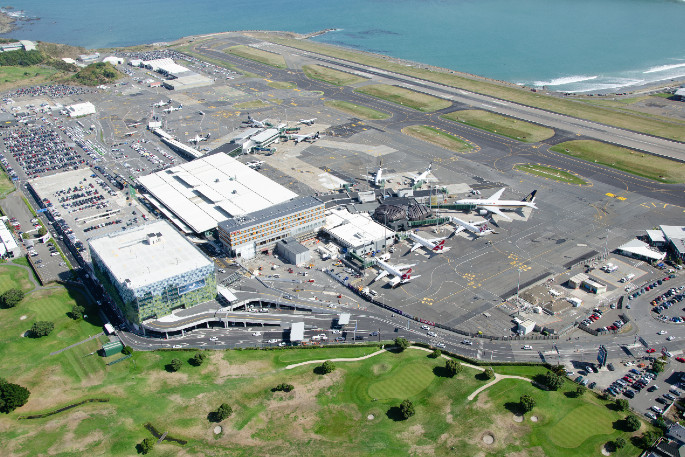Wellington Airport has announced its financial results for the 12 months to March 31, 2023, headlined by an after-tax profit of $25.2 million – up from $3 million last year.
“It’s pleasing to see the strong continued recovery as the travel industry bounces back from the trials of the pandemic,” says chief executive Matt Clarke.
“New Zealand’s location and geography make air travel central to our way of life and our team is thrilled to be helping so many Kiwis get on their way again.”
Total passengers for this period totalled 5.26 million, made up of 4.7 million domestic passengers and 564,000 international passengers.
Passenger numbers are climbing back to pre-COVID levels, with domestic passengers recovering to around 90 per cent of previous levels and international back to 76 per cent by the end of the financial year.
“It’s hard to believe how much things have changed from the previous financial year when there was no regular international travel, compulsory face masks and massive disruption to major events.
“We’ve proved our resilience as we’ve weathered the storm of COVID-19, thanks to our quick response, hard work and spending discipline over the last few years. Several headwinds remain in the short term, with high inflation, cost of living challenges, and constrained airline capacity.
“Despite these headwinds we’ve been able to improve the traveller experience with new technology including biometric processing, improved common use check-in equipment, regular live entertainment, and the hugely popular ‘Kids Zone’ over school holidays. The Airport Express bus has begun service to the CBD, running every 10-20 minutes seven days a week on an entirely electric fleet,” says Matt.
“We’ve also been laying the foundation for sustainable future growth to meet traveller demand and prepare for new, lower emissions aircraft technology.
“This includes gaining a designation for Airport Purposes over the southern half of Miramar Golf Course, our new electric bus depot, and a new fire station which will begin construction this year. All of these projects help free up space for expansion.
“Building for resilience has also been a priority with Taxiway Bravo reconstruction continuing, along with seismic upgrades, a new roof on the international terminal and preparing to replace our marine defences.
“Our growth can only happen to support the region’s development if it is sustainable for people and the planet.”
The airport’s progress over the last 12 months includes:
– Achieving Level 2 (Reduction) Certification from the Airport Carbon Accreditation programme.
– Rated third best participating airport in the world for performance and management of environmental, social and governance by GRESB assessment.
– Converting $100 million of bank facilities into sustainability linked loans.
– Partnering with electric aircraft manufacturer Heart Aerospace alongside other New Zealand airports and airlines to speed up the decarbonisation of aviation.



